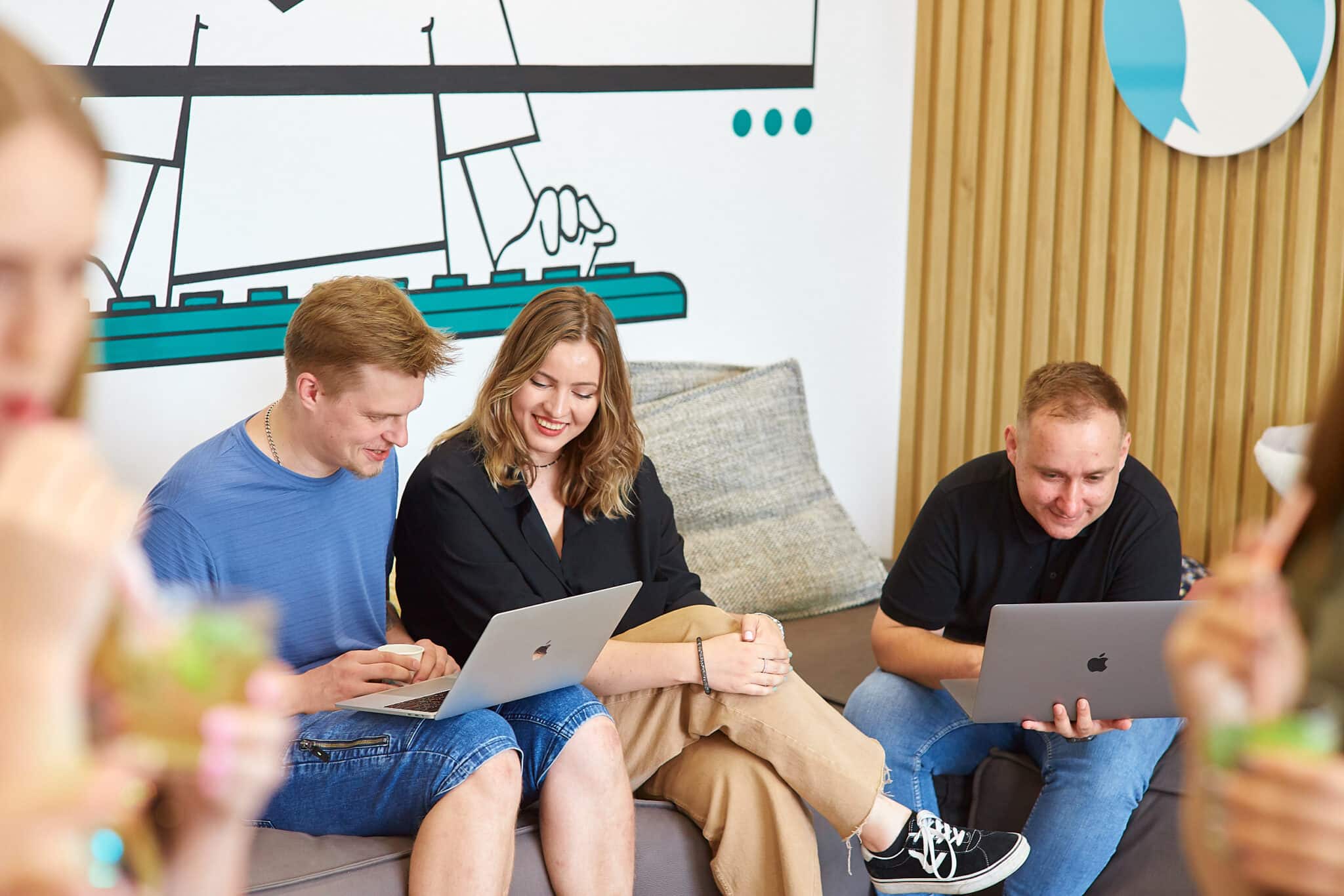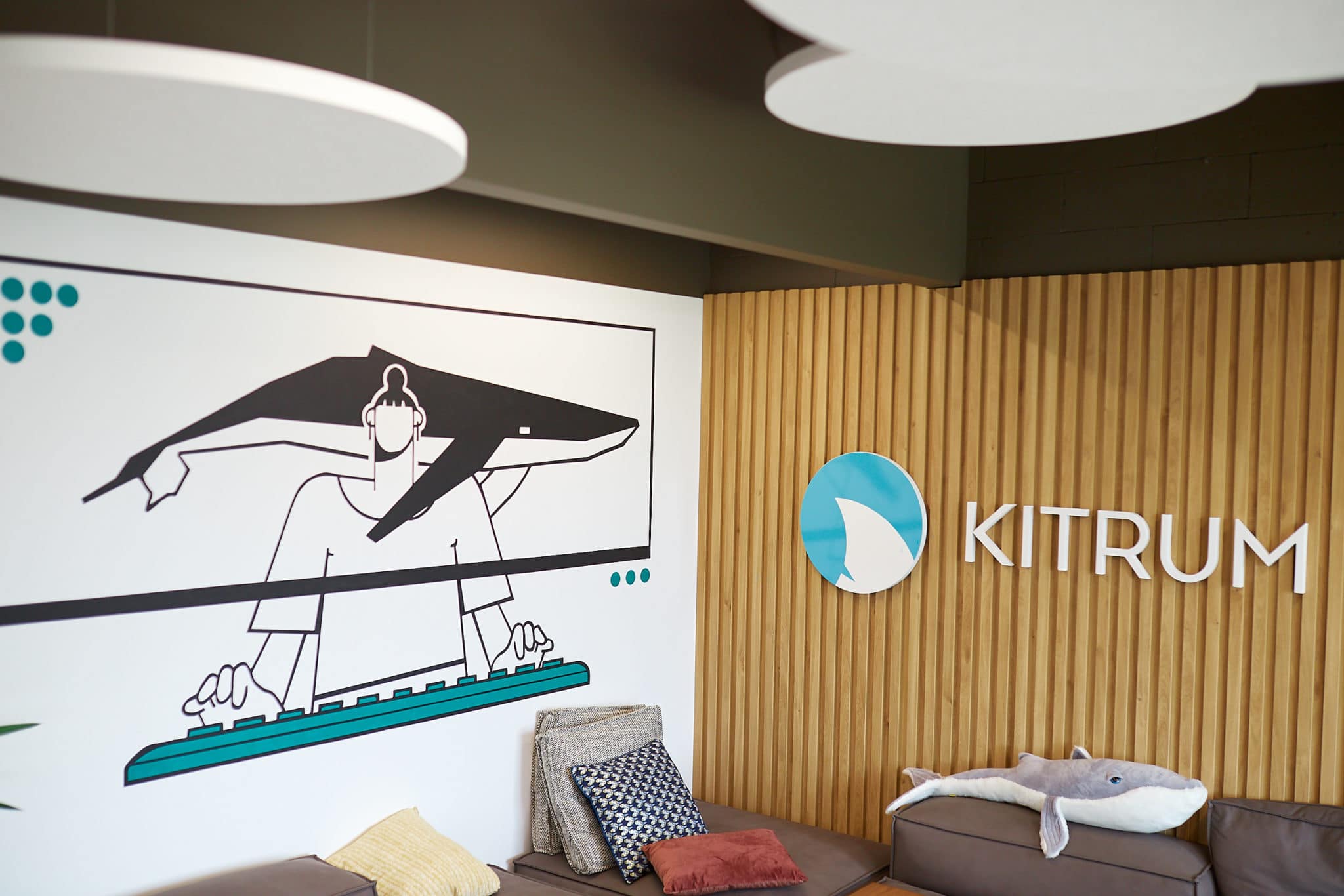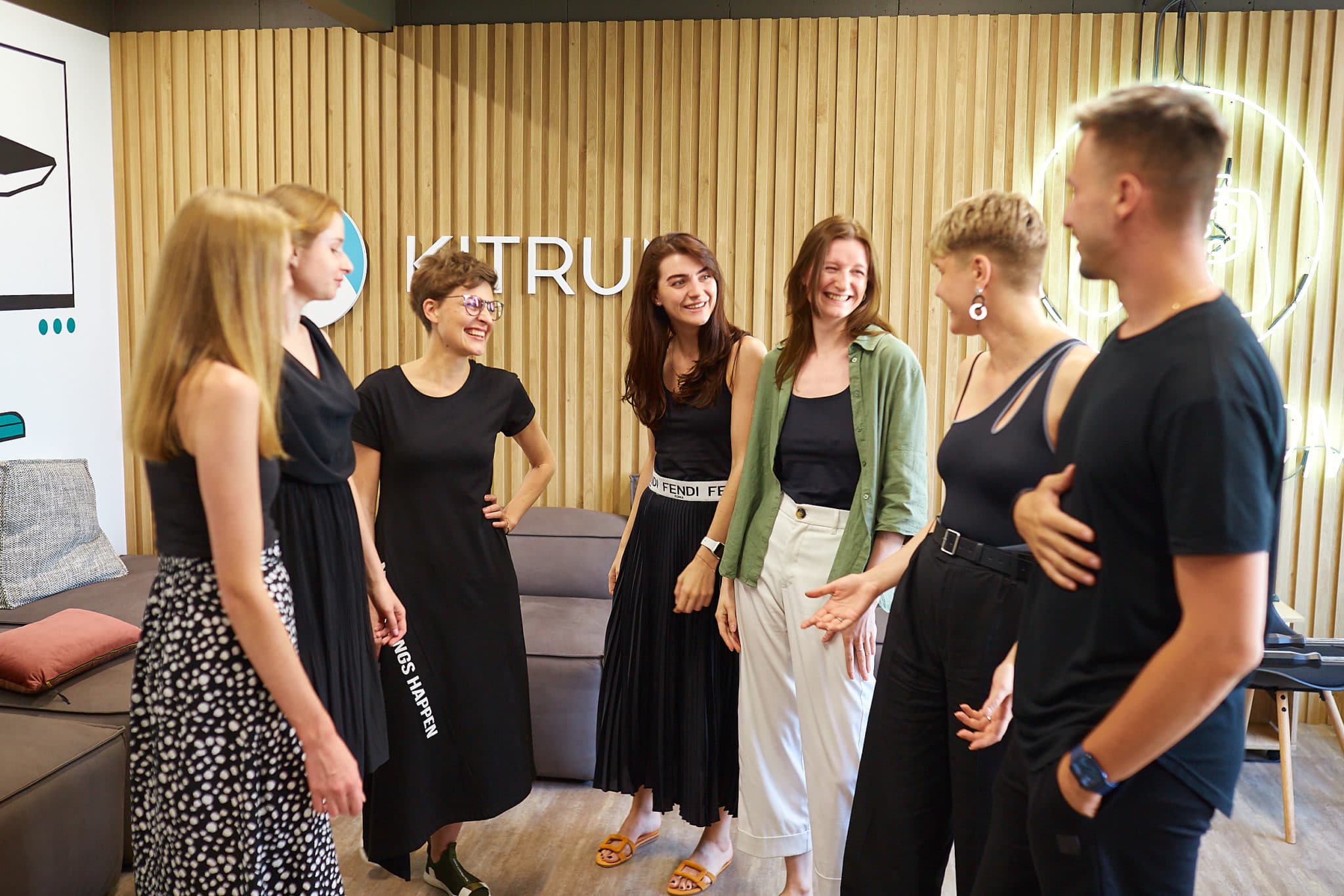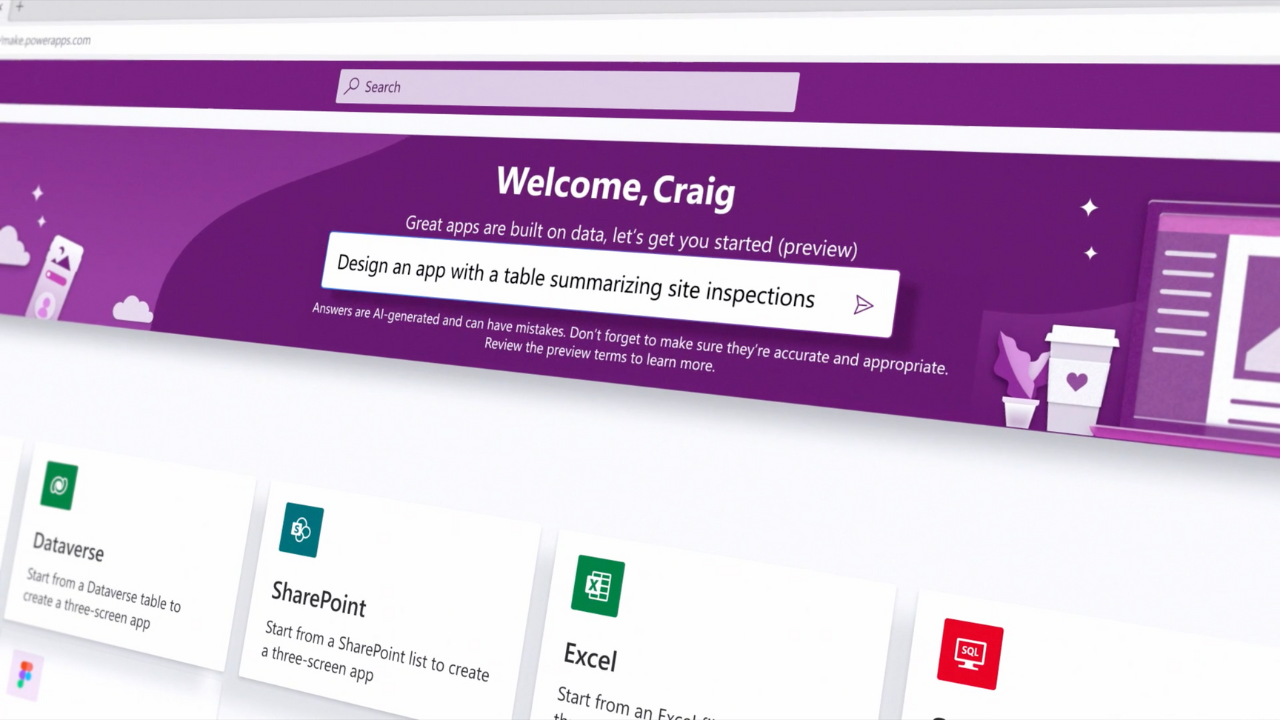This week’s business news digest will provide updates on the AI, Engine, and Enterprise industries from April 8-14. We’ll cover stories from Northvolt, a startup led by a former Tesla VP, which is pioneering sustainable electric vehicles with innovative battery-shredding technology to the restrictions placed on Chat GPT models in some countries. There is much to discuss in the business world, so let’s dive in and see what’s been happening.
Engine
Former Tesla VP’s $12 billion startup Northvolt pioneers sustainable EVs with battery-shredding technology
A new battery recycling plant, set to become the world’s largest, is currently under construction in Skellefteå, northern Sweden. Northvolt, the company behind the project, was founded in 2016 by former Tesla VP Peter Carlsson, who aims to create the world’s greenest battery. With a valuation of $12 billion and backing from investors, including Goldman Sachs and Spotify co-founder Daniel Ek, Northvolt’s aim is to solve the problem of what to do with old batteries once they reach the end of their useful life.
Northvolt, through its Revolt Ett recycling plant, will recycle old batteries locally and use the recovered rare materials as raw materials for new batteries. The company’s recycling process involves shredding and filtering disassembled batteries and then delivering the separated materials, such as copper, aluminum, and plastic, to collaborating companies in the sector for recycling.
Northvolt’s new recycling plant, Revolt Ett, is expected to recycle 125,000 tonnes of batteries each year once it’s operational. Interestingly, according to S&P Global’s IHS Markit, over 1.2 million tons of batteries are expected to end their useful life in 2025. Northvolt has already raised $7.1 billion and is in talks to raise an additional $5 billion as investors flock to support the company’s mission to create the world’s greenest battery. By 2030, Northvolt plans to use 50% recycled metals in its batteries.
What are your thoughts on Northvolt’s mission to create the world’s greenest battery by recycling old batteries?
Apple commits to 100% recycled cobalt for new batteries by 2025
The following piece of news we have for you also centers on batteries and highlights the importance of this technology in our lives. On April 13, Apple announced that it plans to adopt 100% recycled cobalt in its batteries, including those used in the iPhone, iPad, Apple Watch, and MacBooks, by 2025. The company has acknowledged that batteries consume a significant amount of cobalt used by the company. Cobalt mining is known to have negative impacts, not just on the environment but also on the people involved in the mining process.
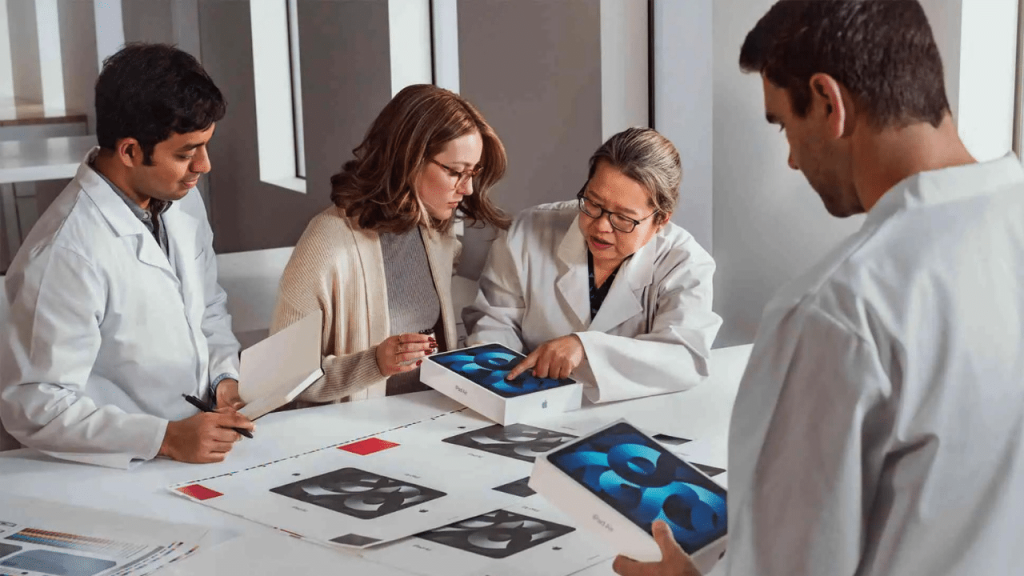
In a report issued today, Apple states:
¨Apple has significantly expanded the use of 100 percent certified recycled cobalt over the past three years, making it possible to include in all Apple-designed batteries by 2025. In 2022, a quarter of all cobalt found in Apple products came from recycled material, up from 13 percent the previous year. Cobalt is a critical material in the batteries used in most consumer electronics, including Apple devices, enabling high energy density while also meeting Apple’s robust standards for longevity and safety. Apple-designed batteries found in iPhone, iPad, Apple Watch, MacBook, and many other products represent a significant majority of the company’s use of cobalt.¨
Enterprise
Code-first platform Ampersand raises $4.7M to simplify SaaS integrations
Matrix Partners has led a $4.7m seed funding round into Ampersand, a start-up that helps software-as-a-service (SaaS) companies incorporate user-facing integrations into their products. Ampersand co-founders Lauren Long and Ayan Barua explained that while SaaS products build workflows and intelligence on top of database systems, those systems typically have poor interfaces for building on top of them. They are often heavily customized, making integration more difficult. Ampersand’s platform enables engineers to add user-facing integrations by setting up a configuration file, desired data fields, and configuration options for end customers. The company also offers a dashboard to help companies manage end-user configurations and embeddable UI components when necessary. Ampersand has several design partners and intends to monetize the service in the next two quarters.

“Ampersand provides the crucial connective tissue for the next generation of software companies, which is why we’re thrilled to be investing in this incredible team, mission, and technology,” says Patrick Malatack, Matrix partner, according to TechCrunch news.

AI
China proposes restrictive rules for building AI models, raising concerns about industry growth
Chinese regulators have proposed strict rules requiring user identification and security reviews for building AI models in the country. The proposed regulations also prohibit content that subverts state power, advocates overthrowing the socialist system, incites the splitting of the country, or undermines national unity. The restrictions come as Chinese tech companies develop versions of large language models like ChatGPT, capable of conversing in natural language and carrying out several tasks.
However, the Chinese government’s proposed restrictions may impede the innovation and ambitions of the Chinese AI industry. The proposed constraints, available in Chinese, prohibit generative AI that subverts the government’s power and authority or questions national unity. While this morality clause is commonplace in China, generative AI cannot comply with it.
Companies may find it challenging to operate in China if they fear violating the proposed rules, and this setback could be challenging to regain. The regulations are open for comments for the next month, after which they may or may not be revised and are expected to take effect later this year.
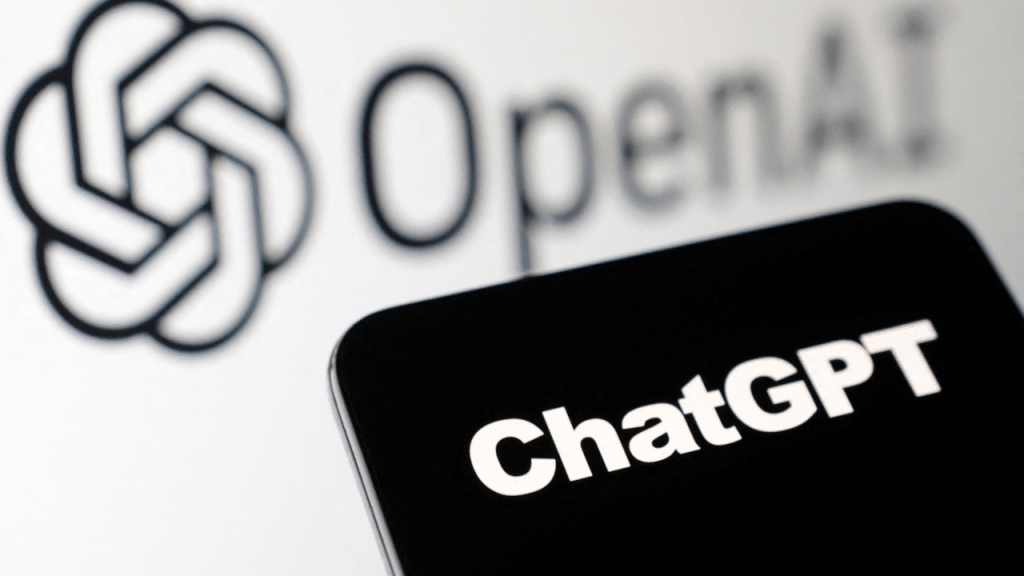
Spanish Authorities Join Investigation into ChatGPT Privacy Concerns
Seems like ChatGPT is facing turbulence not only in China but in Italy, which last week became the first Western country to ban ChatGPT. Now, Spain’s data protection authority, the AEPD, has followed Italy’s lead and announced a preliminary investigation into ChatGPT-maker OpenAI for suspected breaches of the European Union’s General Data Protection Regulation (GDPR).
Currently, it is possible to access ChatGPT through a Spanish IP address, as the Spanish regulator has not yet issued an order to suspend its processing. The Spanish Data Protection Agency (AEPD) has started a preliminary investigation into OpenAI, the owner of ChatGPT, for potential non-compliance with regulations. The press release from AEPD did not provide specific details about the concerns.
Still, Italy’s Data Protection Authority (DPA) has raised various GDPR concerns regarding ChatGPT, such as the legitimacy of OpenAI’s processing, transparency issues, and the need to protect children and provide access to data.

